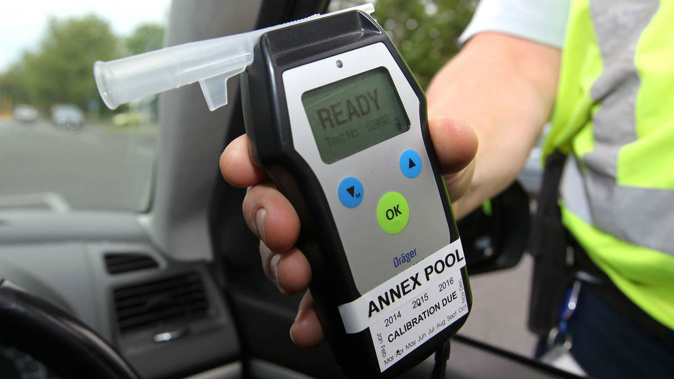
A judge has thrown out charges against an Arrowtown accountant because police did not have the authority to enter his property.
Paul Frederick Johnson, 49, refused to co-operate with two officers after they saw him driving in the township at 1.20am, and wanted to breath-test him on suspicion of drink-driving.
He was arrested and charged with refusing to accompany a police officer and refusing to permit a blood specimen, on June 24 last year.
Johnson defended the charges at a judge-alone trial in the Queenstown District Court on June 12 and July 8.
The Otago Daily Times received a copy of Judge John Brandts-Giesen's sentencing notes last week.
Giving evidence, Constable Emily Olsen said she and Constable Jim Bagnall were on a routine patrol on Centennial Ave when they saw Johnson's BMW approaching from the opposite direction.
After activating their flashing lights and doing a U-turn, they saw Johnson pull into a driveway, and pulled up behind him.
When she spoke to the defendant, she noticed he was unsteady on his feet and smelt of alcohol.
He repeatedly refused to undergo a breath-screening test, and refused to accompany them to the station.
Johnson said he had been to a fundraising event and had taken his children's babysitter home.
After ignoring her warnings that he would be arrested if he did not comply, he was arrested and taken to the police station.
After speaking to a lawyer by telephone at the station, Johnson said the lawyer "didn't know what he was talking about" and refused to undergo breath and blood-screening tests.
Prosecuting Sergeant Ian Collin said the officers had an implied licence to enter the property and ask for a breath-screening test.
Everything that followed from that point was the result of the defendant's failure to comply with the officers' requests.
Johnson's counsel, Allan Tobeck, said no pursuit had taken place, and for police to enter a private property they needed "just cause" that an offence had been committed.
Judge Brandts-Giesen said an officer could enter a private property to speak to and test someone who had been driving a vehicle, provided there had been a "fresh pursuit".
They could also enter a property with "express or implied licence".
Express licence was given when the owner gave permission to enter their property.
Implied licence was the right of a policeman, or someone like a charity worker, to walk on to private property to knock on the front door to make an inquiry or seek a donation.
"At the first hint of hostility, that right comes to an end."
It was clear the officers did not have either form of consent, he said.
They did not have the authority to arrest the defendant, or to request the tests.
CORRECTION: An earlier version of this story incorrectly referred to the suspect as “drunk” in the headline. As the article states, there was no physical proof of this. The headline has now been corrected.
Take your Radio, Podcasts and Music with you









